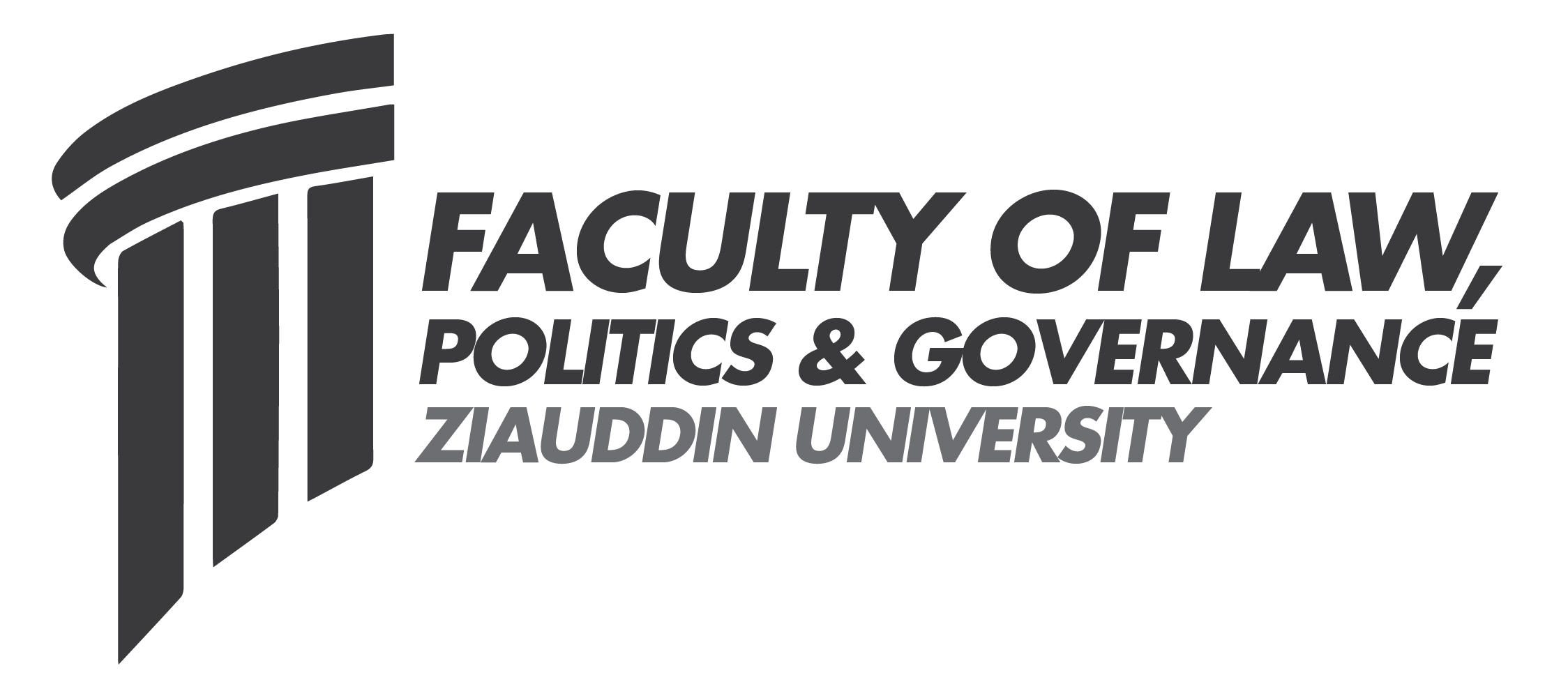Freedom of Media in Pakistan

Aamir Ali
Free media is a double-edged sword with its benefits and vices; however, its advantages outweigh the disadvantages. It ensures the right to freedom of speech. Media is said to be free when the media organizations enjoy the freedom to disseminate information without facing any barriers from the government or any other powerful actors of the society. Free media comes with a package of advantages such as educating people, raise awareness, developing public opinion, and most importantly, supporting democratic systems. It carries, however, a bundle of disadvantages as well, including disseminating disinformation, advocating specific propaganda, and prioritizing commercialism. It helps enrich one’s culture as well as risks invasion by others’ cultures.
Owing to its advantages, the free media can be rightly termed as a blessing. Firstly; it educates and informs the masses. It easily disseminates important information across the globe. Access to uncensored information helps educate the masses regarding important societal issues. In Pakistan, media, especially TV channels, have effectively used freedom of expression to educate people on essential elements of society and citizenship. Programs broadcast on these channels educate people on social media, cultural and political issues and create civic sense and responsibility among the masses. TV plays, films and documentaries are good examples in this context. Secondly, free media stirs a rise in awareness level. This raised level improves the ability to make decisions rationally. Compare Pakistan’s current generation with their predecessors and you see that when the media faced huge censorship and was not ‘free’, people knew a little about societal issues. Previous generations lived with low awareness owing to inaccessibility to information and hence vulnerable to manipulation. The current state of affairs harbingers a bright future as the masses have great knowledge about the issues faced by the country. The role of media in restoration and independence of judiciary needs not be overemphasized.
Free media shapes public opinion. Internet, TV and radio channels, and newspapers are effective tools to serve the national interests if geared in the right direction.
After Mumbai attacks, Pakistani media broadcast and printed reports and documentaries on the country’s defense and military strength in a bid to boost the people’s morale against anticipated Indian threat of attacks on Pakistan. Numerous articles were published to prove that Pakistan had nothing to do with the Mumbai attacks. This helped appease the international concerns. Media can play its role to soften the stance to reach an agreeable solution.
Media promotes and strengthens and champions democracy. Precisely, democracy is the best system in which both people and media get freedom of speech. Media helps democracy thrive by arousing the citizens’ interest in the country’s politics. Recent developments show a gradual but promising shift in Pakistan’s political system towards true democracy. Where the media played an important role in the ouster of the military ruler Pervaiz Musharraf, it also highlighted flaws and lacunae in governance during the previous democratic regime. This caused the annihilation of coalition partner’s of that regime in May 2013 elections .
The unprecedented freedom of media has, as well, harmed the society. First of all; there are some instances where media outlets spread disinformation and created confusion among the masses. The informing people function of the media is not complete until it guarantees true and unbiased information. Absence of a consolidated accountability system has let certain elements in the media exploit the feelings of the audiences just to get some rating. Nevertheless, this disinformation damages significant elements of society. For example, some segments in Pakistani media often resorted to creating false impressions about the government, even starting to predict it’s departure. These rumors forced the investors to keep at bay which harmed the country’s economy.
Freedom without responsibility leads to creation of sensationalism. Media is a powerful opinion tool maker and if not dealt carefully, it could be negatively used to form opinions which favour certain organizations or groups. Pakistan is combating the monster bod terrorism but the uncensored and live telecast of the scenes of bomb blasts and of the bleeding people has caused severe psychological impacts on the people of Pakistan. Most areas are, undoubtedly, peaceful but these repeated telecasts create a negative perception of the country which causes decline in foreign investment and damages the tourism industry.
Absolute freedom, like power, leads to corruption. Unbridled freedom of expression has led media organizations to interfere in state matters.
In countries where the legal system is weak but the media is free, the media often gets involved in corrupt practices. Lack of strict vigilance and regulation allows journalists to negatively use the media power to extort rather than inform.
To conclude, I must say that huge profits in the media sector have given rise to commercialization. Media outlets nowadays work only for more and more profits. Influence of wealthy entrepreneurs has made the media drift away from it’s real objective of informing, educating and supporting the public. Regardless of what is good for the masses, the media covers content and issues which increase their ratings- a tool to grab huge profits. Certain issues are self-censored only because they would damage the profits of media outlets.
The writer is a second-year law student at ZFL.
Twitter: @aamir_ali
Published in ZU-BLAWGS, August 10th, 2021
